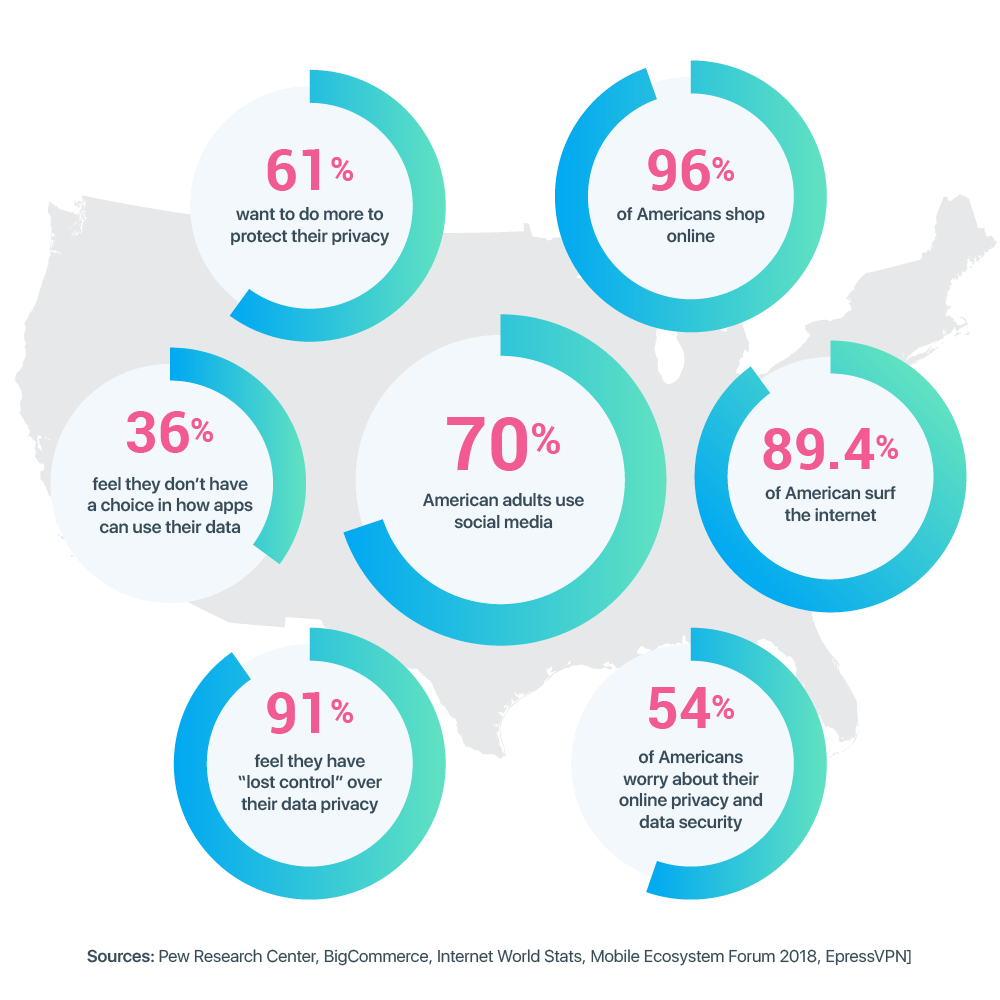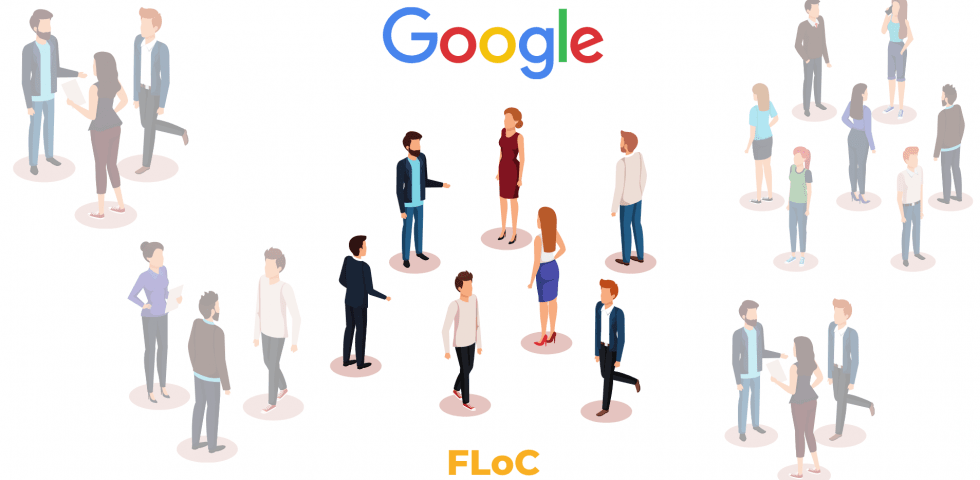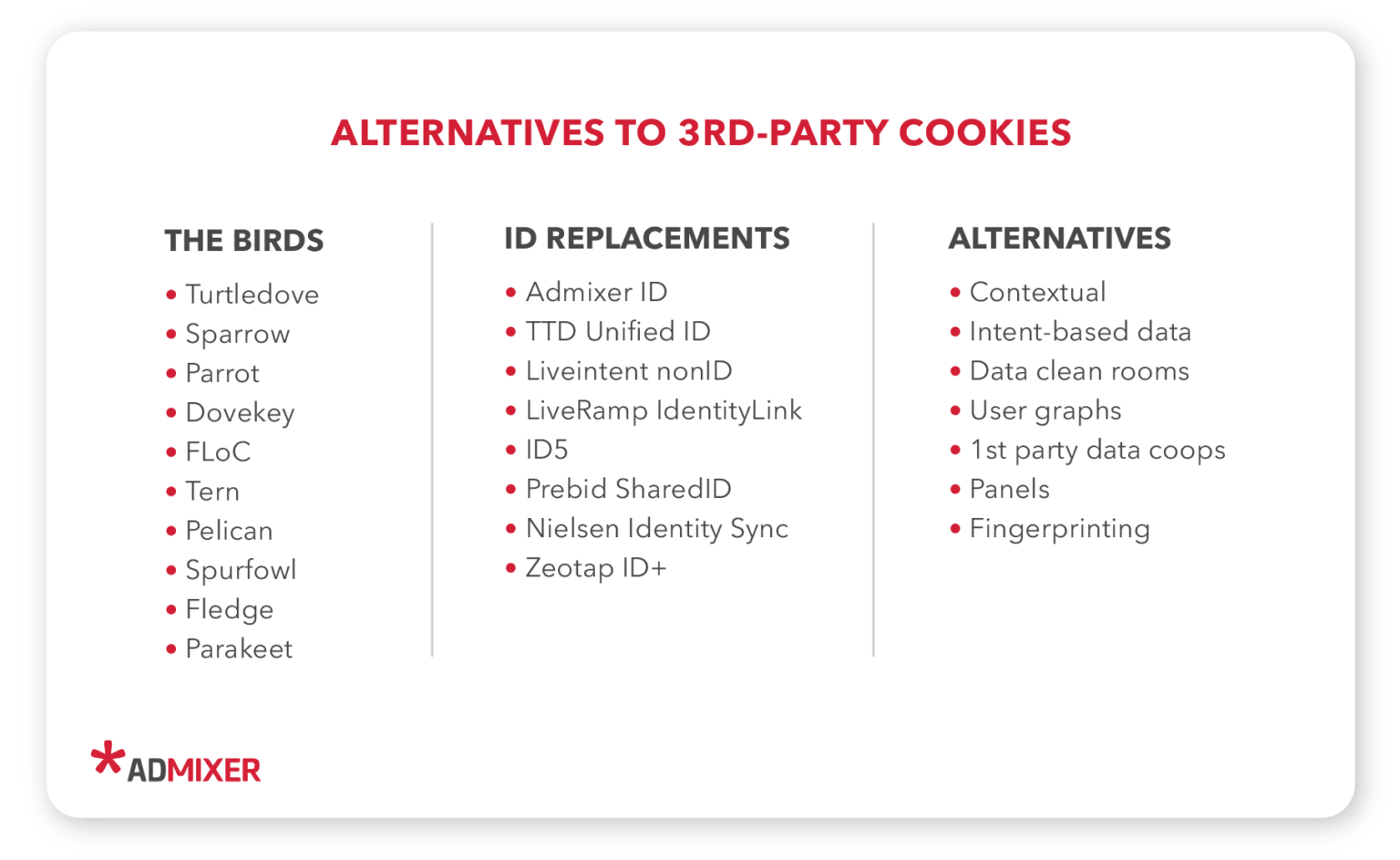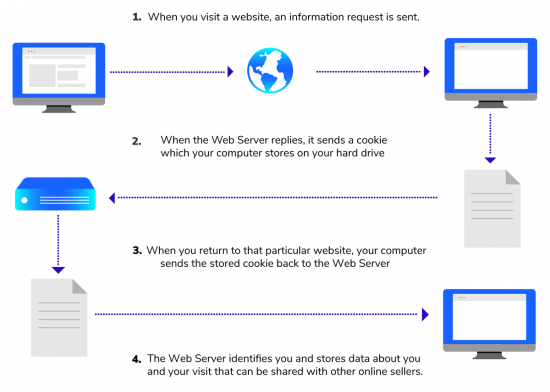Start Exploring Keyword Ideas
Use Serpstat to find the best keywords for your website
Why The Death Of Cookies Could Make It So Only Google Wins

So why is Google dragging their feet to the cookie apocalypse? Well, Google makes billions of dollars off third-party cookies in Chrome. Without a viable alternative to replace them, Google would see a significant drop in ad revenue.
That's why in April, Google started testing out their new advertising technology, Federated Learning of Cohorts (FLoC). But the industry's response to FLoC has been overwhelmingly negative. As a result, Google delayed their Privacy Sandbox initiatives, stating, "more time is needed across the ecosystem to get this right."
Here's everything digital marketers need to know about where Google's cookie phaseout stands, and what it could mean for the future of the industry.
A brief history of third-party cookies
The below chart explains exactly how cookies work.
But because third-party cookies mean that user information is shared with advertisers, 72% of users are concerned about the privacy issues they pose.
The widespread impact of a third-party cookie ban

Negative impacts
Chrome's third-party cookie ban could be bad for publishers too. One report estimates that publishers could lose out on $10 billion in revenue with the cookie phaseout.
For the $500 billion digital advertising industry, third-party cookies have been an essential way to understand audience behavior and interests. That's why there has been so much doom and gloom associated with their demise.
But it doesn't have to be cataclysmic. Change often leads to more innovation. The industry will evolve, and hopefully provide safer alternatives that are still effective for connecting with target audiences.
Positive impacts

Digital marketing channels like SEO and SEM will likely also get a boost because, without browser tracking, search intent will remain one of the better ways to connect with qualified audiences.
But if advertisers still want access to the hyper-targeted advertising that third-party cookies provide, they don't necessarily have an equally viable alternative.
Hence why Google is taking so long to kick cookies to the curb. They want to create the alternative, and to do so in a way that puts Google Chrome at the center of the advertising process.
Introducing Google's FLoC: is it a viable alternative?
It's called Federated Learning of Cohorts (FLoC), an advertising technology designed to improve user privacy while still giving advertisers access to the hyper-targeting that they love so much.
Google is also testing out FLoC on Chrome users. You can see whether you are a part of the experiment here.
How FLoC works

Potential benefits of FLoC
There are a lot of potential benefits of FLoC that make it better than the third-party cookie:
- Google has access to a wealth of user data due to their market share, so it's fair to assume that FLoC will likely be an effective ad targeting platform
- If FLoC data produces strong clicks and conversion rates, it can provide technology for the many advertisers looking for a viable cookie alternative
- By moving the ad-exchange directly into the browser, FLoC would make it harder for fraudulent publishers to take advantage of advertisers
- Moving ad exchange into the browser (instead of client-side javascript running inside the browser) also means software will have more system resources and more power.
But when it comes down to who most benefits from FLoC, the answer would be, well, Google.
With so much market share and Chrome clickstream data, Google's ad technology will easily become the preferred choice for advertisers, driving even more revenue to Google.
Growing concerns about FLoC
Because Google is not known for sharing, FLoC could easily become another way Google engages in anti-competitive practices. Also, with users being placed into groups via an unsupervised algorithm, FLoC could allow for predatory or discriminatory targeting.
For these reasons and more, not everyone is flocking to FLoC. FLoC has yet to get a positive reception from other key players in the industry. Here are just a few of the negative responses that Google has already gathered from other key players:
- European Commission is investigating whether FLoC is anti-competitive
- WordPress has already proposed a default FLoC ban for all websites powered by its CMS, labeling it a security threat.
- The EFF has labeled FLoC as an insufficient solution and a gateway to predatory targeting
- GitHub joined the anti-FLoC crusade and won't support Google's tracking tech
Naturally, the industry response to FLoC has resulted in Google delaying their long-term privacy goals. Google is not going to remove third-party cookies without an alternative that can generate similar revenue.
By eliminating cookies and replacing them with their own technology, Google gains even more power. Although they seem to be still moving forward with FLoC, they are unlikely to get buy-in until they iterate on their technology with improved privacy and transparency.
How to prepare for a third-party cookieless world
The third-party cookie phaseout provides the opportunity for digital advertisers to reevaluate how they connect with their audience and what truly drives the most value to their brand. Here are some ways to prepare for a cookieless world.
Consider new and existing technologies

Direct some focus back to SEO
The cookie ban may be an opportunity to redirect some of your marketing efforts back to organic search. If you have yet to invest in an SEO strategy, there are plenty of resources for beginners who want to learn SEO best practices.
Scale up your content marketing
Content development will become more important as brands need to create useful content to target their audiences. If you're not yet investing in content marketing as a strategy, you may be missing out on an affordable way to connect with your potential customers at a lower cost-per-acquisition.
Speed up your search marketing growth with Serpstat!
Keyword and backlink opportunities, competitors' online strategy, daily rankings and SEO-related issues.
A pack of tools for reducing your time on SEO tasks.
Discover More SEO Tools
Backlink Cheсker
Backlinks checking for any site. Increase the power of your backlink profile
API for SEO
Search big data and get results using SEO API
Competitor Website Analytics
Complete analysis of competitors' websites for SEO and PPC
Keyword Rank Checker
Google Keyword Rankings Checker - gain valuable insights into your website's search engine rankings
Recommended posts
Cases, life hacks, researches, and useful articles
Don’t you have time to follow the news? No worries! Our editor will choose articles that will definitely help you with your work. Join our cozy community :)
By clicking the button, you agree to our privacy policy.


